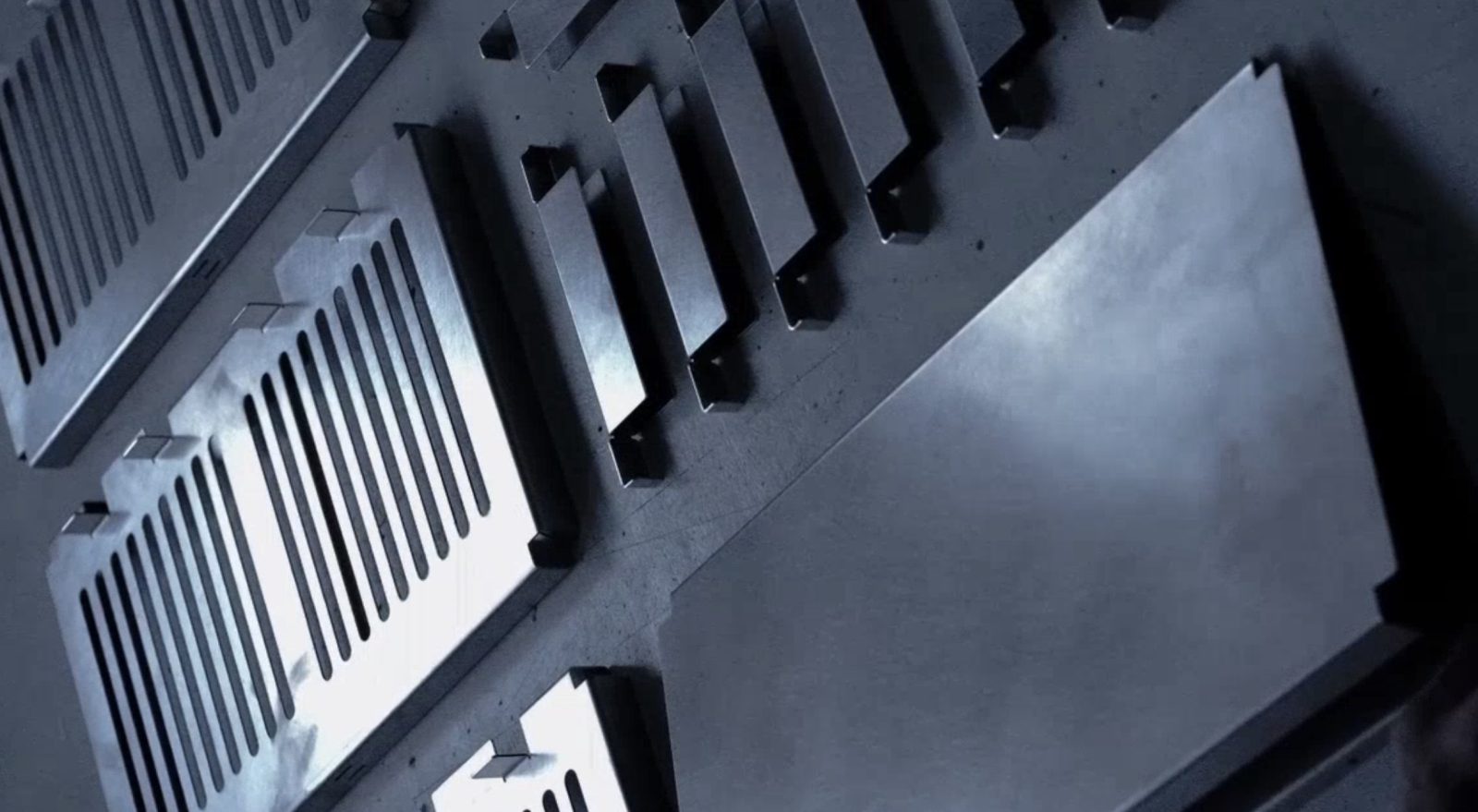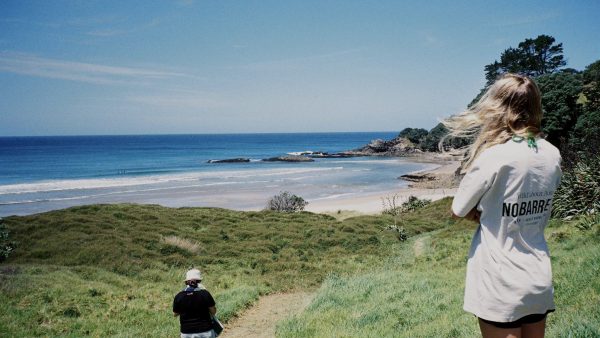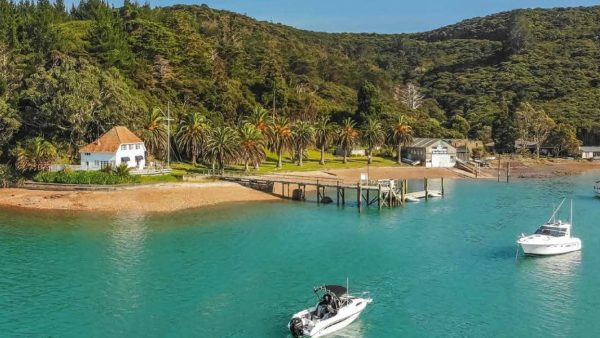The mysterious Mark 1 Smart battery prototype, seen being fabricated in a video on the Aotea Energy website. Set to be produced by Aotea Energy in late 2024, it will be released on Great Barrier Island first. Photo / AoteaEnergy.com
Tama Toki, the man who introduced Aotea to the world with his rongoā cosmetics company, is now pledging to overhaul electricity. Drawing from his upbringing on his whānau papakāinga in the north of Aotea, Toki is on a mission to tackle energy poverty in rural communities.
“Without a utility to provide power on the island, the people there have to be self-sufficient,” Toki (Ngā Puhi and Ngāti Rehua) told NZME. “This necessity for self-reliance has led to a significant lack of energy security, making daily life and economic activities particularly difficult for the island’s inhabitants.”
Toki says the challenges residents face without a central utility to provide power on the island inspired his new start-up, Aotea Energy. The company, he says, will develop home batteries and the software needed to manage them, but with a twist: incorporating a peer-to-peer energy sharing function, allowing homes to share excess energy.
While infrastructure continues to improve worldwide, around 750 million people still lack access to electricity, according to the IEA.
Tama believes that as demand from people and devices like electric cars grows, we need to focus on creating more localized power generation, even in on-grid communities. “We can’t afford more poles and wires to meet our goals of electrification. Having only large power plants sending power in one direction will need to change,” he said.
Tama has already built working 10kWh battery prototypes and the software to run them. He’s now gearing up to install this technology in Aotea homes this year. “Our plan is to pilot this technology in Aotea homes and, if successful, scale it throughout the national grid infrastructure and bring it to market later this year,” Toki said.
Home batteries have gained widespread adoption due to their ability to provide backup power, and save costs by storing energy during off-peak hours when it’s cheaper and using it during peak times. Major companies like Tesla have popularized the technology with products like the PowerWall, but those are designed for a grid-tied network.
We’ll have to see if Toki’s variant, set to release later this year, will once again take Great Barrier Island’s name and way of life to the world.








